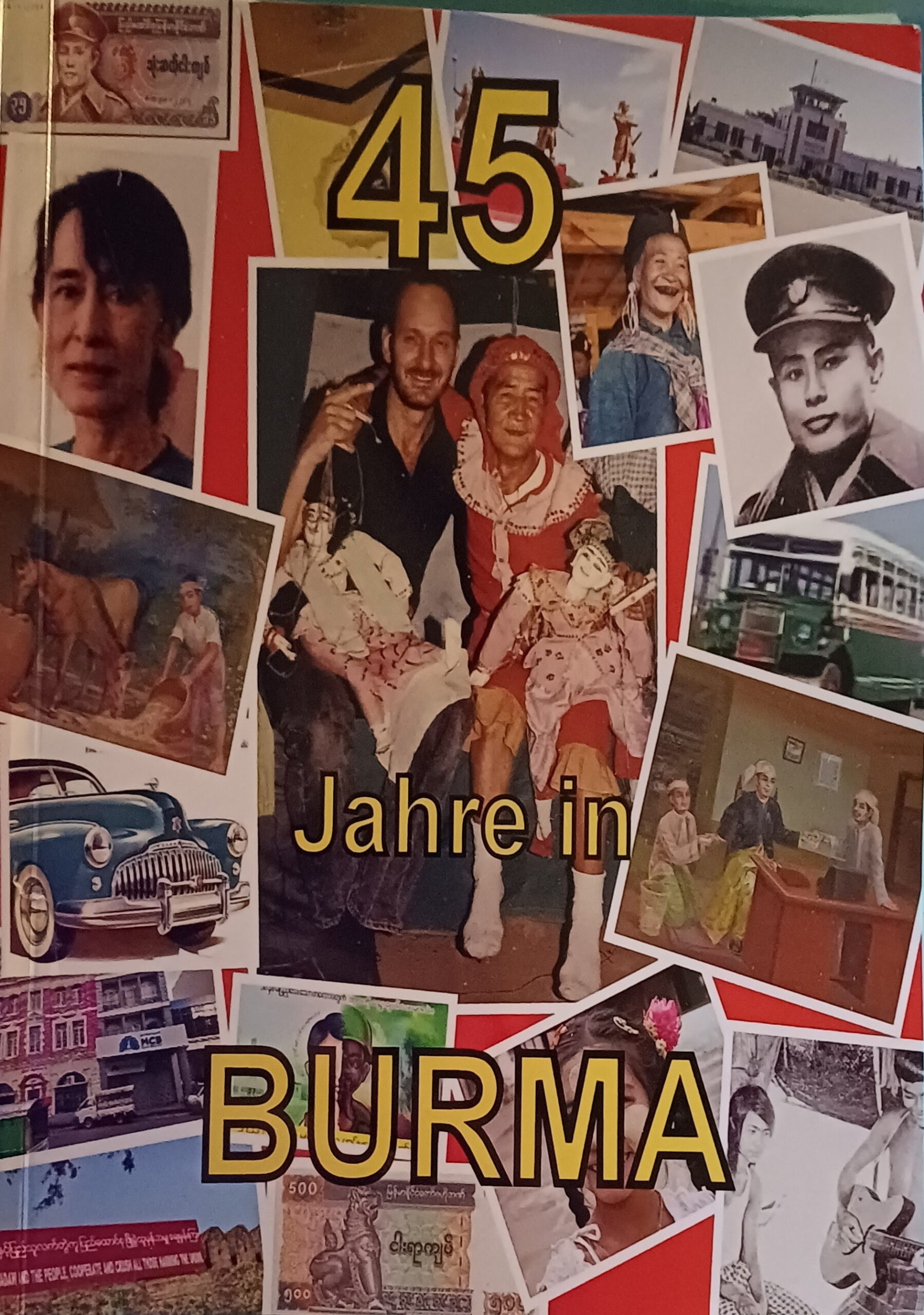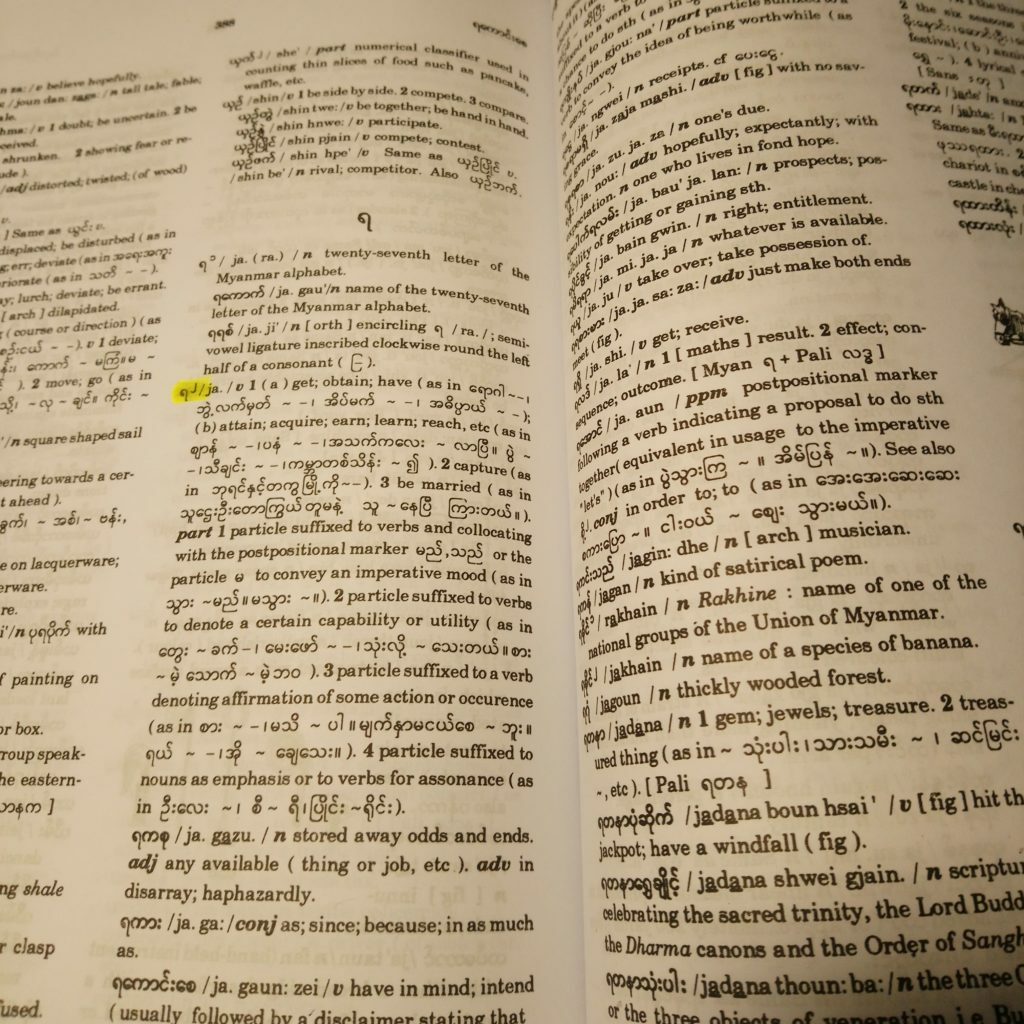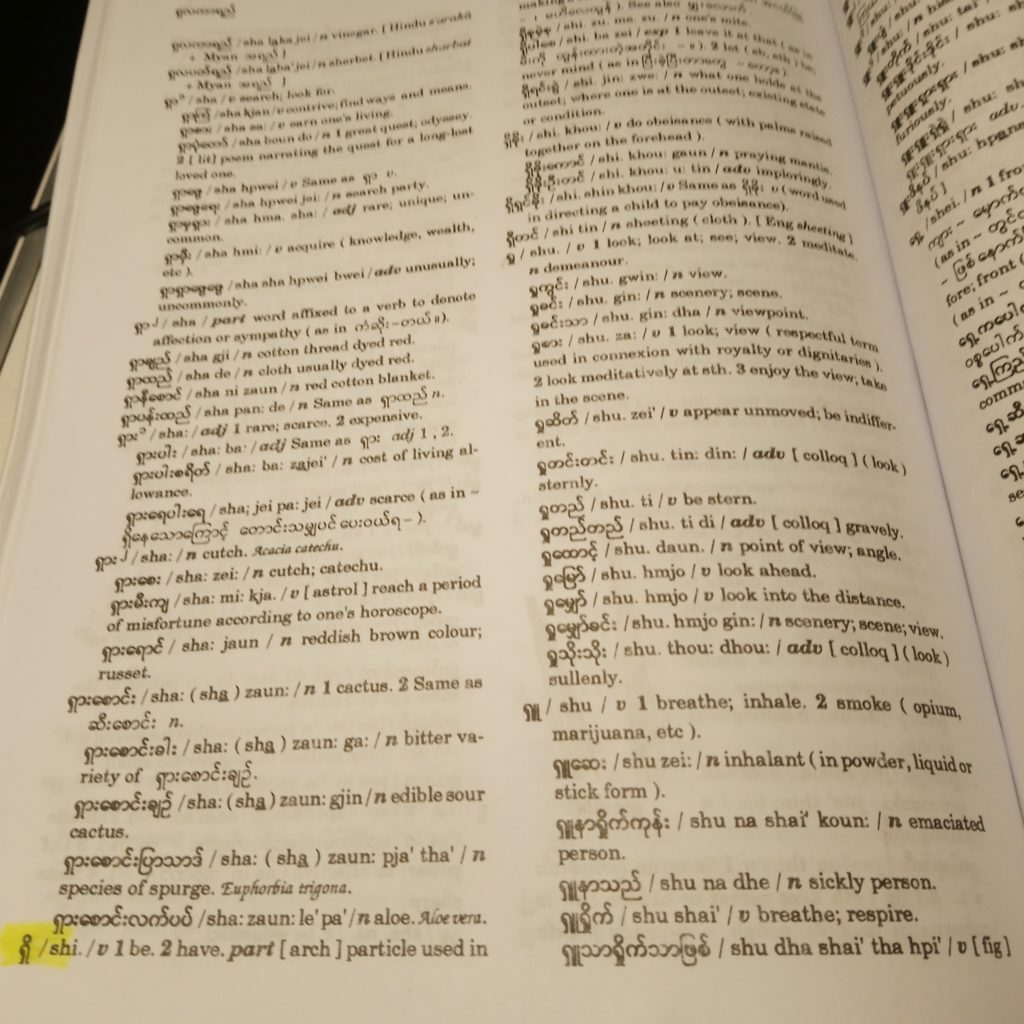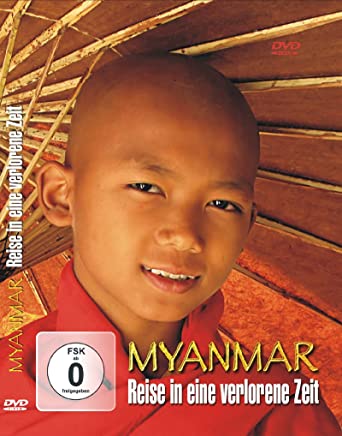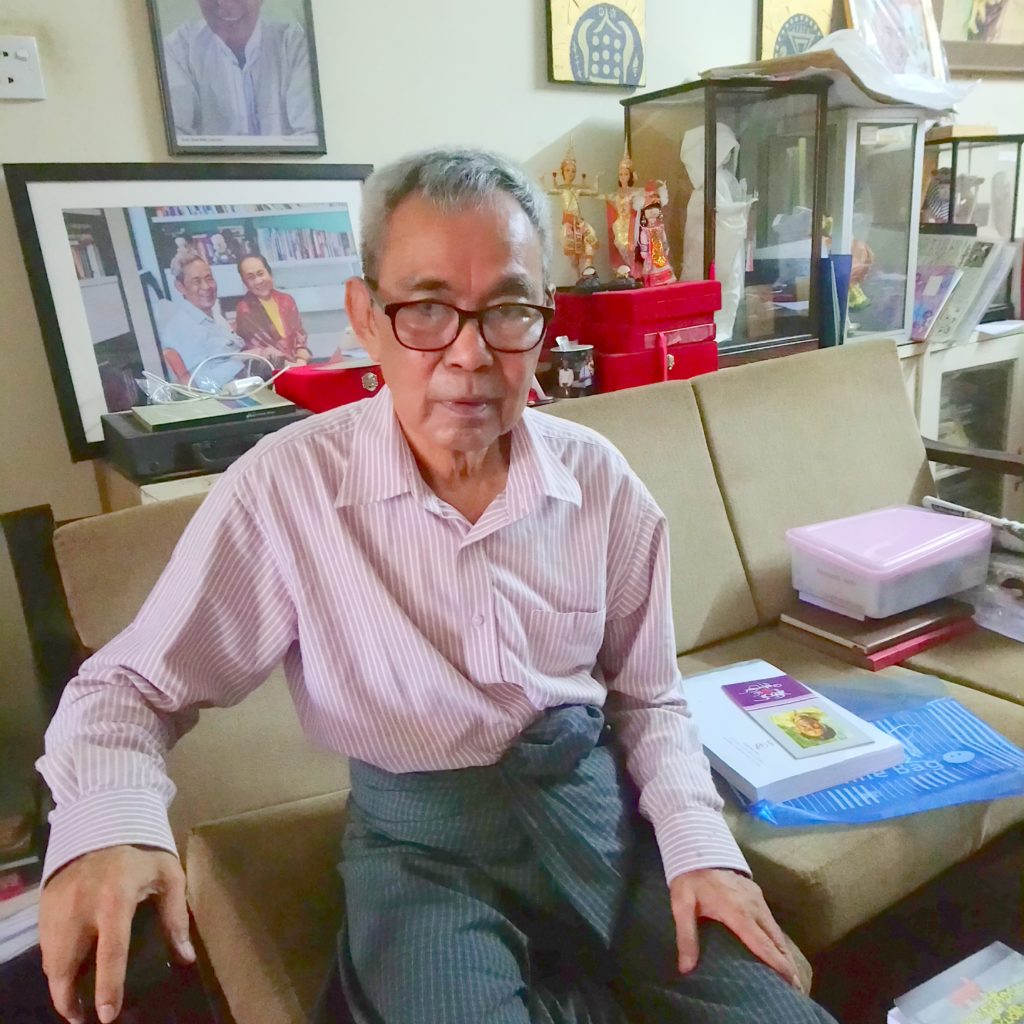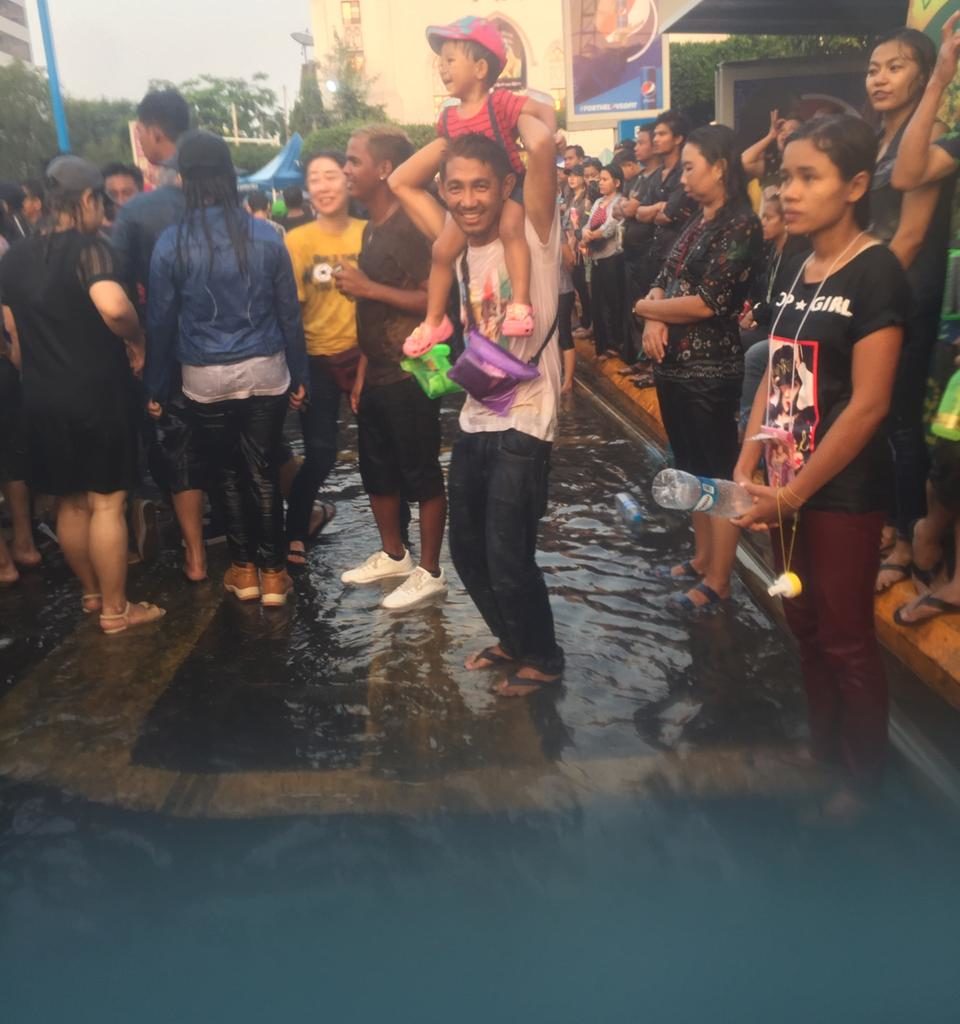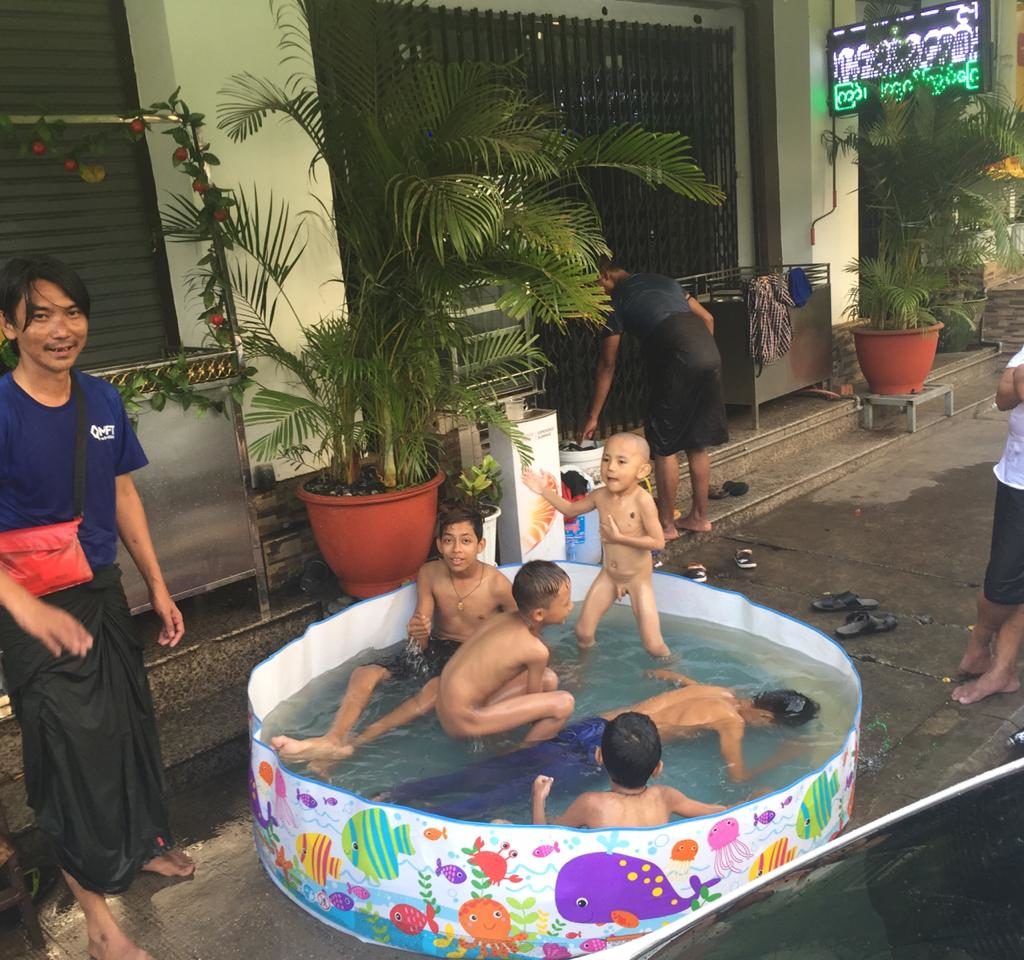Biographien
Hier findest du viele interessante Geschichten über Leute, die Rangoon/Yangon geprägt haben …
Männer und Frauen in Myanmar (Auszug)
Auf den Fotos und Filmen sah man manchmal quer über die Straßen gespannte Wäscheleinen mit Frauenkleidung, aufgehängt natürlich von Frauen. Dadurch wurden die ‚Sicherheitskräfte‘ daran gehindert, in die Straße einzudringen. Es war ein lustiger Anblick, einigen besonders ‚mutigen‘ Soldaten dabei zuzuschauen, wie sie auf Lkws stehend die Wäsche abhängten, bevor die Truppen weiter vorrückten.
Studienreisen – hinter den Kulissen
Nackt unter Culture Vultures, Kulturziegen und alleinerziehenden Lehrerinnen mit Doppelnamen …
Bummelzug nach Maymyo
… Da gab er seinem Helfer ein Zeichen. Der öffnete eine mir bisher nicht aufgefallene Klappe an der Kiste, griff hinein – und zog eine gut drei Meter lange, dicke Pythonschlange heraus! Ich traute meinen Augen nicht! Er hielt sie grinsend hoch und dann legte er sie auf den löcherigen Boden und die Schlange kroch davon. Die Leute verfielen in Panik! Sie schrien, einige Frauen begannen zu weinen und viele sprangen auf die Sitzbänke oder versuchten, aus dem Waggon zu entkommen. So mancher dachte wohl, dass sein letztes Stündchen geschlagen hatte.
Überland von Taunggyi nach Kyaing Tong
Seitdem ich 1977 das erste Mal nach Myanmar (damals noch Burma genannt) kam, hatte ich davon geträumt, diesen Trip zu machen. Wie oft stand ich in Taunggyi oder Kyaing Tong und malte mir aus, wie es wohl sein würde, wenn man diese Tour ‚overland‘machen könnte.
